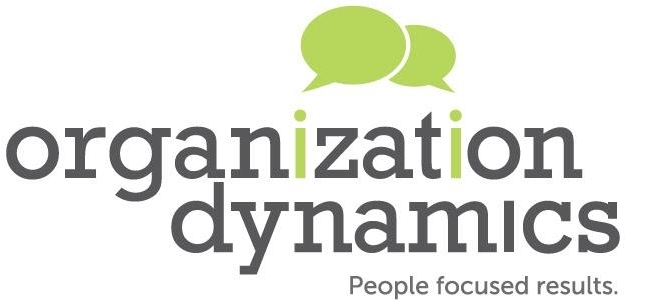COMPETENCY-BASED PERFORMANCE MANAGEMENT PROCESS
Core Competencies and Values
While competencies and values have significant areas of overlap, there’s a key difference between them:
- Values are intangible. They are based on feelings, perceptions, preferences, and priorities—an internal code that influences how we experience and interpret the world.
- Competencies are tangible. They define on-the-job behaviors that can be objectively observed and measured by the people around us.
This tangible element is very important. Too often, organizational values remain at the conceptual level and fail to be embodied, because organizations don’t have a way to objectively define what those values mean at an operational level.
By providing that tangible element, core competencies enable
organizations to translate their values into day-to-day workplace behaviors that can be identified, measured, supported, and developed through coaching and training.
Integrating core competencies can also help you capture the key attributes and traits of the organization in a manner that is measurable.
Functional Competencies and Skills
The next step would identify the competencies that are specific to the positions within your team, that may not have been captured as a core competency for the organization.
What’s the difference between skills and competencies? Skills give us the “what.” They tell us what types of abilities a person needs to perform a specific activity or job. Skills don’t give us the “how.”
For example: How does an individual perform a job successfully? How do they behave in the workplace environment to achieve the desired result? Skills are one of three facets that make up a competency. The other two are knowledge and abilities.
Performance Management Documents and Process
Once the competency work is complete, the next step is developing the performance management documents to incorporate the values, the functional competencies and the KPIs.
As you grow, it will provide the foundation to measure team members with respect to values as well as for performance. For example, an individual who is a low performer but scores high in values may be worth coaching. Someone who is a high performer and consistently scores low in values could be toxic to the culture.
The Competency Models we use include a database of interview questions that would allow us to create an interview guide specific for each role. This allows the interviewer to ask questions that are more natural for them to express/ask. The interview guides can also be used to help structure the 360 feedback questions.
The Competency-Based Model is designed, and the process in place, to support and create a coaching culture for performance and consistent with your organization’s values and fundamentals. We use tools from the GROW model and the Tao of Coaching to provide training for the managers/leaders on how to have ongoing meaningful coaching dialogues, how to prepare for the formal reviews and how to conduct the formal performance discussions. Because as many as 85% of employees in various engagement studies believe that more frequent performance-related discussions with their managers would make them feel more confident in their roles. Which in turn leads to more engaged team members and better performance outcomes.
- Personal Success Seminar
- Team Building
- Leadership
- Consultative Selling
- Customer/Patient Experience
- Keys To Personal & Team Success
- Elevate Empathy:
Understanding Yourself & Others - Effective Communication
- High Performance Team Building
- Consultative Selling
- Leading with Cultural Competence
- Foundations in Diversity/Equity/Inclusion
- Understanding & Managing Unconscious Bias
- Critical Conversations
- Psychological Biases in Hiring
- Identify & Establish Core Competencies Aligned With Organization’s Values & Vision
- Identify & Establish Core Competencies for Specific Positions & Functions
- Hiring & Recruiting – Positions Descriptions, Interview Guides, Selection Tool, Etc.
- Personal Development Action Plans
- Performance Management Processes & Tools
Service
- Influence Customers & Key Stakeholders
- Develop A Consultative Selling Mindset
- Selling To A Diverse Population
- Overcoming Objections, Resistance, & Negativity
- Create & Deliver The Ultimate Customer Experience
